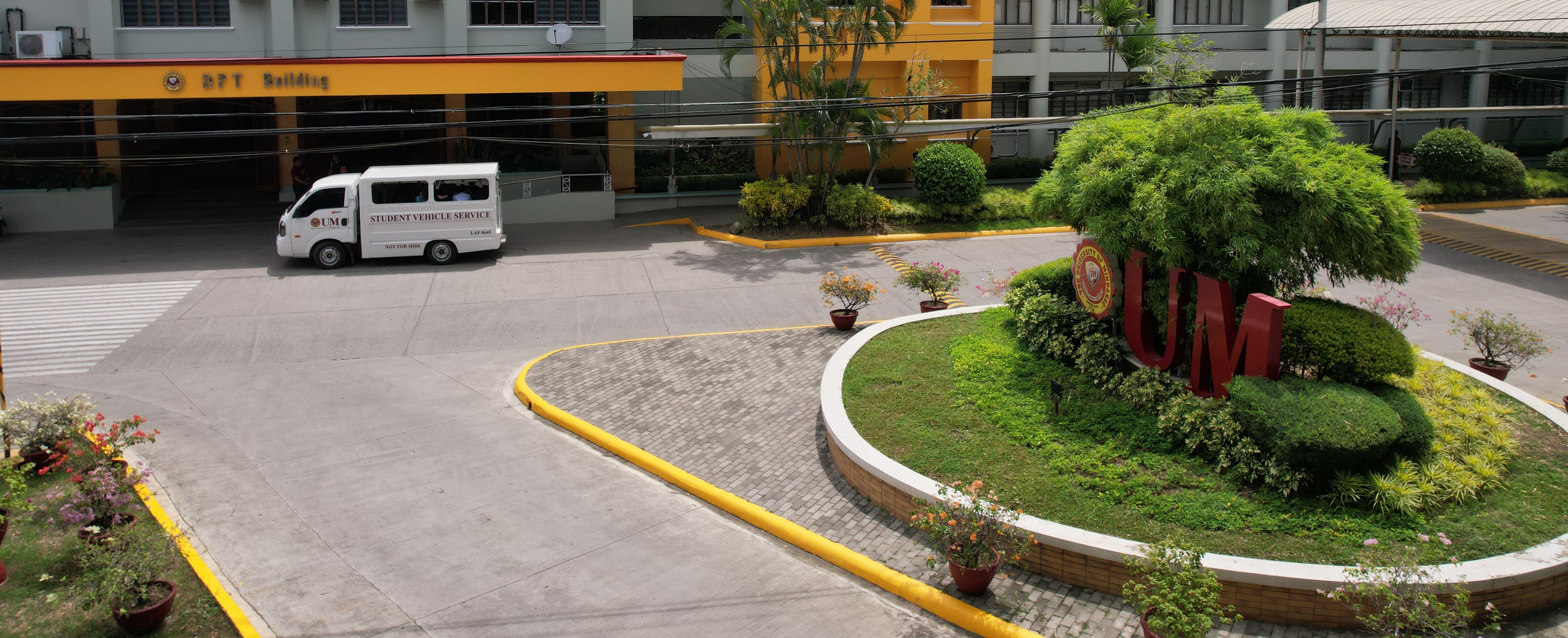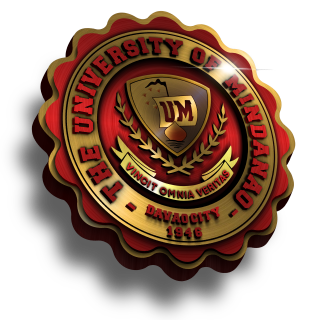
Bachelor of Science in
Medical Technology
About the Program
The Bachelor of Science in Medical Technology/Medical Laboratory Science (BSMT/BSLMS) is a four-year program encompassing general education and professional courses. Graduates of this program develop knowledge, skills, a professional attitude, and values crucial for performing clinical laboratory procedures. The curriculum aims to equip students to assist physicians in proper diagnosis, treatment, prognosis, and disease prevention. Additionally, it instills critical thinking skills, research abilities, community engagement, promotion of the profession, and fosters a commitment to lifelong learning, collaborative, and leadership qualities.
Program Educational Objectives
Three to five years after graduation, the graduates are expected to:
- Achieve a high level of administrative and technical competence in the field of Medical Technology/ Medical Laboratory Science.
- Pursue lifelong learning endeavours and participate in community-oriented projects.
- Occupy key positions in the field of research and other relevant areas of Medical Technology/ Medical Laboratory Science.
Student Outcomes
By the time of graduation, the students of the program shall have the ability to:
- Demonstrate both technical and administrative competence in the performance of clinical laboratory tests that are helpful in the diagnosis, treatment, and management of diseases biosafety and waste management;
- Demonstrate analytical and critical thinking skills in the field of Medical Technology/Medical Laboratory Science;
- Engage in the collection, analysis, and projection of health information for improving the health care management system;
- Demonstrate inter-personal skills, leadership qualities, and ethical practice of the profession;
- Cultivate an appreciation of the human condition;
- Participate in community-oriented activities;
- Engage in life-long learning activities; and
- Demonstrate effective teaching and communication.
- Exhibits the ability to reflect on moral norms/imperatives and their impact on individuals and society.
- Demonstrate effective problem-solving skills, including the ability to address real-world problems.

 Explore in Academia
Explore in Academia